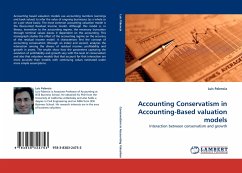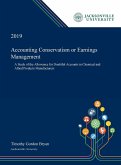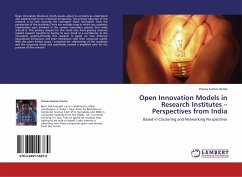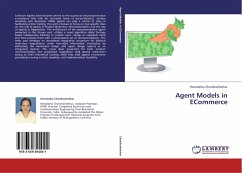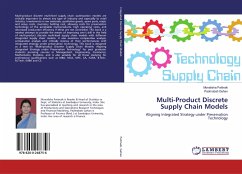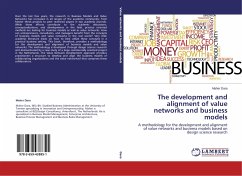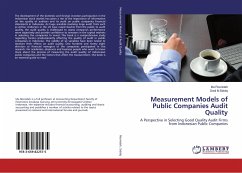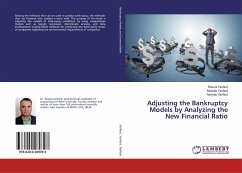Accounting based valuation models use accounting numbers (earnings and book values) to infer the value of ongoing businesses (as a whole or on a per share basis). The most common accounting valuation model is the Discounted Residual Income model. Although this model is, in theory, insensitive to the accounting regime, the necessary truncation through terminal values leaves it dependent on the accounting. This monograph studies the effect of the accounting regime on the accuracy of the residual income model. It characterizes first the concept of accounting conservatism (through an index) and second, analyzes the interaction among the drivers of residual income: profitability and growth in assets. The results show how the parameters capturing the evolution of profitability and growth vary with the level of conservatism and also that valuation models that that account for that interaction are more accurate than models with continuing values estimated under more simple assumptions.

